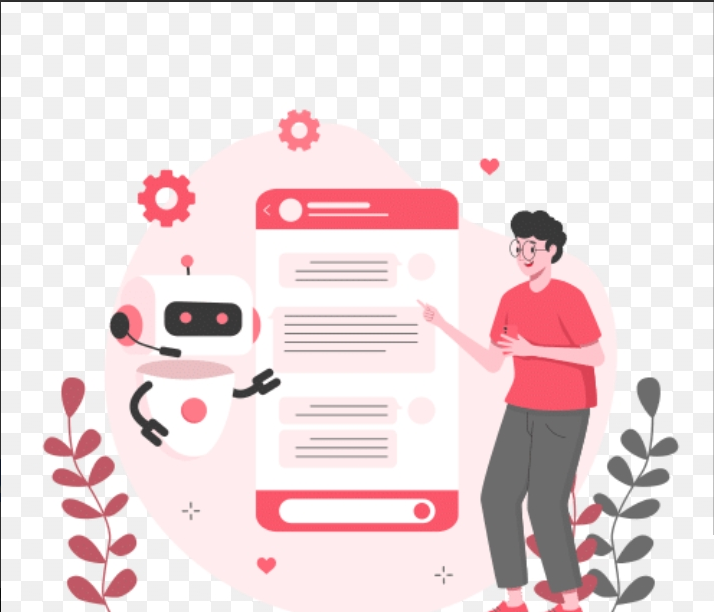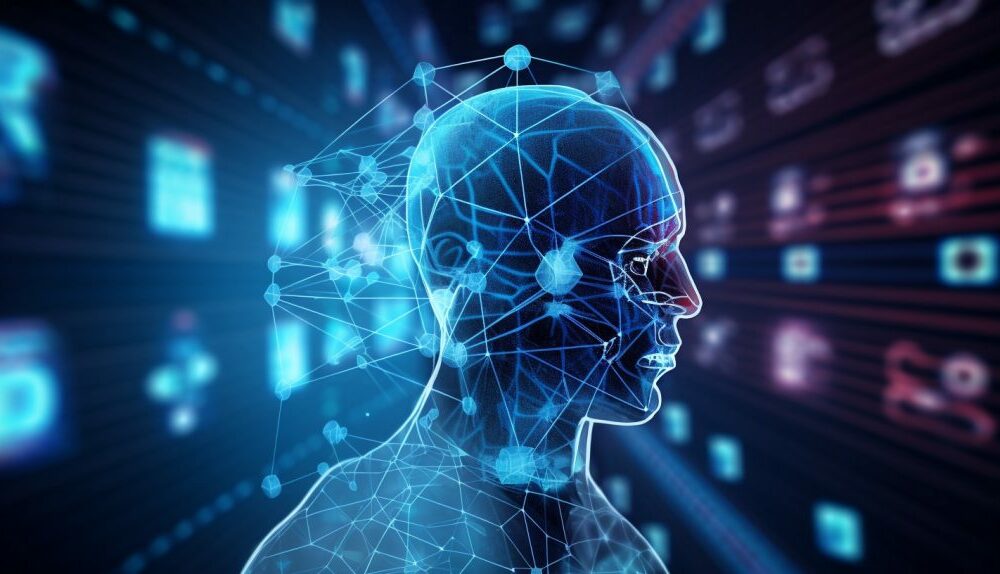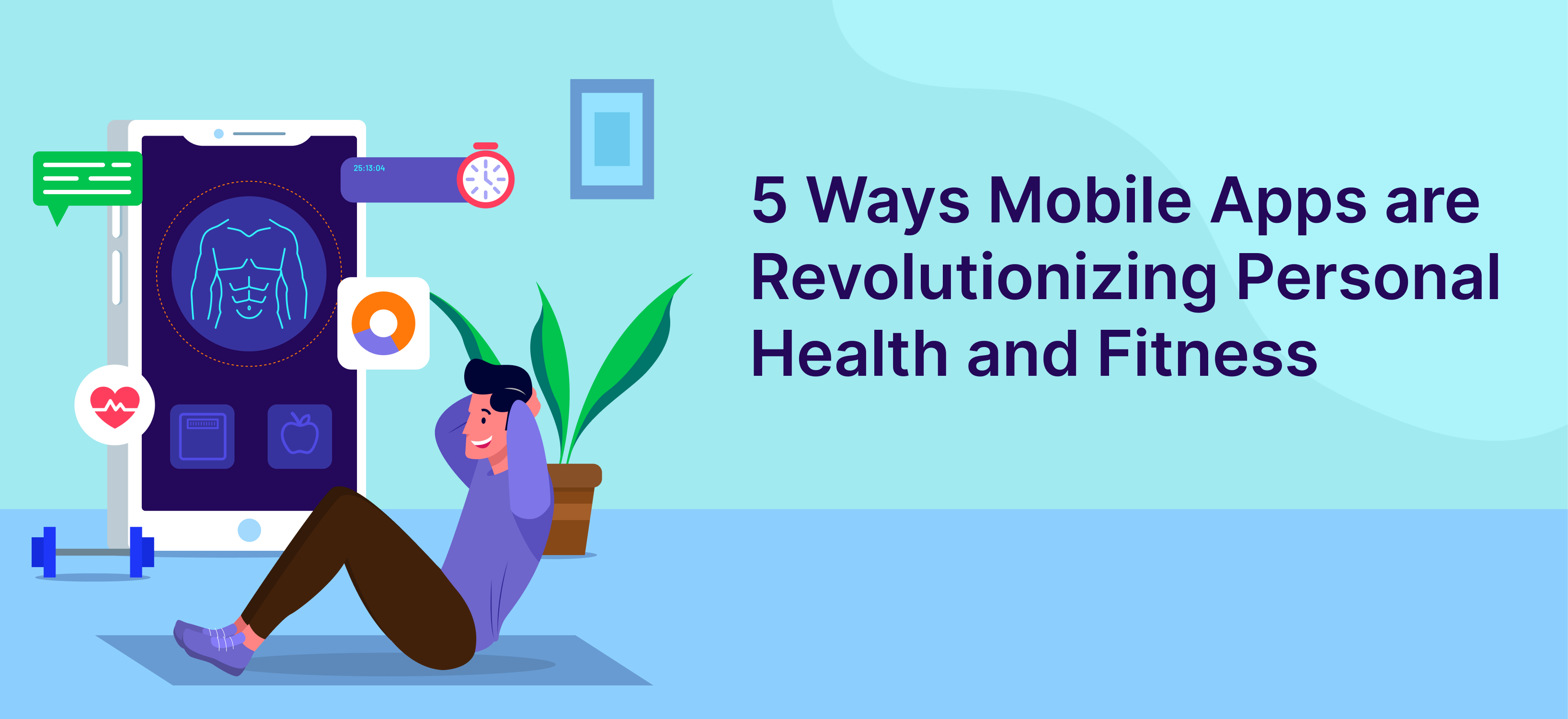AI-Powered Marketing: The Key to Success in the Digital Age

AI-powered marketing has indeed become a key driver of success in the digital age. It leverages artificial intelligence and machine learning to analyze vast amounts of data, automate tasks, and personalize customer experiences, ultimately helping businesses make more informed decisions and drive better results in their marketing efforts. Here are some key ways AI-powered marketing can lead to success in the digital age:
- Data Analysis and Insights: AI can quickly process and analyze large datasets, identifying patterns and trends that humans might miss. This enables marketers to make data-driven decisions, refine their strategies, and optimize campaigns for better results.
- Personalization: AI can create highly personalized experiences for customers by analyzing their behavior, preferences, and purchase history. This leads to more relevant content, recommendations, and offers, increasing customer engagement and conversion rates.
- Predictive Analytics: AI can forecast future trends and customer behavior, allowing marketers to proactively adjust their strategies. Predictive analytics can help with demand forecasting, inventory management, and identifying potential churn before it happens.
- Chatbots and Virtual Assistants: AI-powered chatbots and virtual assistants can provide instant customer support, answer queries, and guide users through the sales funnel 24/7, improving customer satisfaction and reducing response times.
- Content Generation: AI can generate content at scale, including product descriptions, blog posts, and social media updates. While human creativity remains important, AI can assist in content creation, saving time and resources.
- Ad Campaign Optimization: AI can continuously monitor and optimize digital advertising campaigns in real-time. This includes adjusting ad placements, bidding strategies, and targeting to maximize ROI.
- Customer Segmentation: AI can segment customers into highly specific groups based on their behavior and preferences. This allows for more targeted marketing efforts and the delivery of the right message to the right audience.
- Email Marketing: AI can improve email marketing by personalizing subject lines, content, and sending times. It can also predict which emails are likely to convert and which are not.
- Social Media Management: AI tools can schedule posts, analyze engagement metrics, and even suggest content ideas based on trending topics and user interests.
- Competitor Analysis: AI can help businesses keep an eye on their competitors by tracking their online presence, content strategies, and customer sentiment, allowing for strategic adjustments.
- Marketing Attribution: AI can help attribute conversions and sales to specific marketing channels or touchpoints, providing a clearer picture of which efforts are driving the most value.
- Customer Insights: AI can uncover valuable insights about customer behavior and preferences that can inform product development, pricing strategies, and customer retention efforts.
- Fraud Detection: In e-commerce and online transactions, AI can identify and prevent fraudulent activities, safeguarding the business and its customers.
- SEO and Content Optimization: AI-powered tools can help optimize websites and content for search engines, improving visibility and organic traffic.
In summary, AI-powered marketing is instrumental in helping businesses thrive in the digital age. By harnessing the power of AI and machine learning, marketers can deliver more personalized and efficient experiences to their customers, make data-driven decisions, and stay competitive in an increasingly digital and data-driven landscape. However, it’s essential to balance the use of AI with human expertise to create a successful marketing strategy that resonates with customers and achieves business goals.




